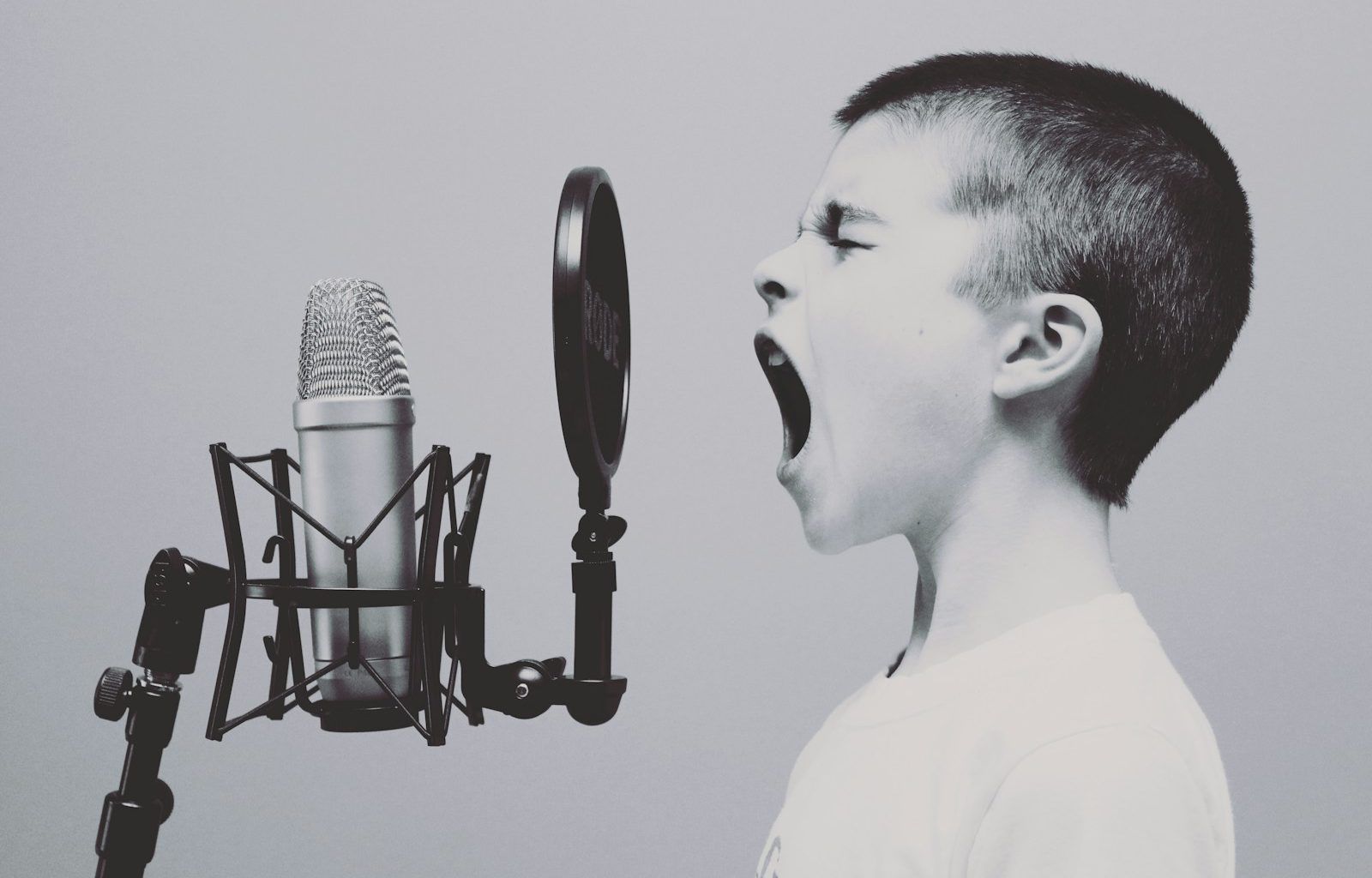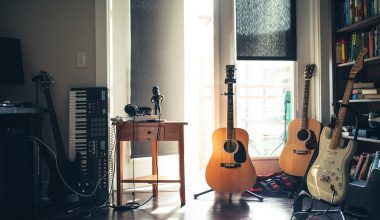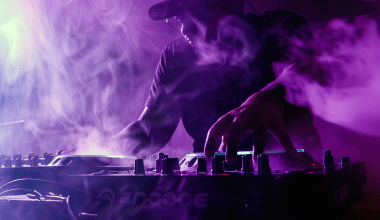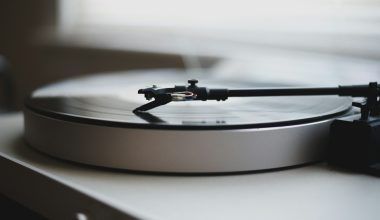Sampling music is an art form that has been a cornerstone of many genres, from hip-hop to electronic music. It’s exciting to take a snippet of a song, remix it, and turn it into something completely new. However, navigating the legalities of sampling can feel like stepping into a minefield. The good news is, it doesn’t have to be overwhelming. By following a few clear steps, you can sample music legally and stay out of trouble.
What Is Sampling in Music?
Before we dive into the legal side of things, let’s make sure we’re all on the same page. Sampling is when you take a portion of a sound recording—it could be a melody, beat, vocal phrase, or even a single note—and use it in a new piece of music. Think of it as borrowing ingredients to cook up your unique dish.
While it’s an amazing way to create something fresh, it’s important to remember that the original recordings are someone’s intellectual property. Using them without permission could lead to legal trouble. This brings us to the first step: understanding copyright.
Understand Copyright Basics
Copyright is a legal framework that protects creators’ original works, including music. When it comes to sampling, there are two types of copyright to be aware of:
- The Sound Recording Copyright: This covers the actual recorded performance. For example, the version of a song you hear on Spotify or the radio.
- The Composition Copyright: This protects the underlying song itself—the melody, lyrics, and structure.
To sample music legally, you’ll likely need permission for both. Now let’s talk about how to get it.
Reach Out for Permission (Licensing)
Getting permission to sample music is called licensing. It’s the most direct and legal way to use someone else’s work in your project. Here’s how you can do it:
- Identify the Rights Holders: Start by figuring out who owns the rights to the song you want to sample. Often, the record label holds the sound recording copyright, and the songwriter or a music publisher holds the composition copyright.
- Contact Them: Once you know who to reach out to, draft a polite email or letter explaining your intentions. Be clear about how much of the song you want to use, how you plan to use it, and where it will be distributed (e.g., streaming platforms, live performances).
- Negotiate Terms: If they’re open to your request, you’ll need to discuss terms like royalties, upfront fees, and credit.
While this process might sound intimidating, it’s a standard industry practice. Being transparent and respectful goes a long way.
What About “Fair Use”?
You might have heard of the term “fair use” and wondered if it allows you to sample music without permission. Fair use is a legal doctrine that permits limited use of copyrighted material without requiring permission, but it’s tricky and often doesn’t apply to sampling.
Fair use is determined on a case-by-case basis and considers factors like:
- The purpose of your use (e.g., educational or commercial).
- The amount of the work you’ve used.
- The impact your use has on the market value of the original work.
Because of its subjective nature, fair use is not a reliable way to sample music legally. If you’re serious about your music, it’s best to secure proper permissions.
Use Public Domain or Creative Commons Music
If navigating licenses feels too complicated, there’s a simpler option: use music that’s in the public domain or available under a Creative Commons license.
- Public Domain Music: Music enters the public domain when its copyright expires, making it free to use without permission. Classical music and traditional folk songs often fall into this category.
- Creative Commons: This is a type of license where creators grant specific permissions for others to use their work. For example, some Creative Commons licenses allow you to use a song as long as you credit the original creator.
Websites like Free Music Archive and ccMixter are great places to find Creative Commons music.
Use Sample Libraries
Another legal and hassle-free way to sample is by using sample libraries. These are collections of sounds and loops that musicians can use royalty-free. When you purchase a sample pack or subscribe to a service, you’re essentially buying the rights to use those sounds in your projects.
Popular sample library platforms include:
- Splice
- Loopmasters
- Sounds.com
These platforms provide high-quality samples that you can use legally without needing to negotiate with rights holders.
Transform the Sample (Be Creative!)
Transforming a sample significantly can sometimes reduce the need for licensing. However, this approach has its risks. Courts look at whether the new work is “transformative” enough to be considered original, but there’s no hard-and-fast rule. Some artists have successfully argued that their heavy editing turned the sample into something new, while others have faced lawsuits.
So, while being creative with a sample can help, it’s still safer to get permission if you’re unsure.
Hire a Lawyer or Use a Clearance Service
If you’re overwhelmed by the process, you’re not alone. Many artists hire lawyers or use sample clearance services to handle the paperwork and negotiations. These professionals know the ins and outs of copyright law and can save you time and stress.
Popular sample clearance services include:
- Tracklib
- DMG Clearances
- Rightsify
While this option isn’t free, it can be worth it to ensure your music is legally sound.
Always Credit the Original Artists
Even when you’ve obtained the proper licenses, it’s good etiquette (and sometimes a legal requirement) to credit the original artists. This not only shows respect but also helps build connections in the music community.
Final Thoughts
how to sample music legally might seem like a hassle, but it’s a necessary step to protect yourself and your art. By understanding copyright, seeking permission, and exploring alternatives like public domain music or sample libraries, you can create incredible tracks without fear of legal repercussions. Remember, following the rules doesn’t stifle creativity—it enhances it by giving you peace of mind to focus on what you love most: making music.
For further reading, explore these related articles:
- How Many Songs Does Blackpink Have? A Complete Guide to Their Music
- Taylor Swift Better Than Revenge Lyrics: Story, Meaning, and More
For additional resources on music marketing and distribution, visit DMT Records Pvt. Ltd..






